To provide the best experiences, we use technologies like cookies to store and/or access device information. Consenting to these technologies will allow us to process data such as browsing behaviour or unique IDs on this site. Not consenting or withdrawing consent, may adversely affect certain features and functions.
The technical storage or access is strictly necessary for the legitimate purpose of enabling the use of a specific service explicitly requested by the subscriber or user, or for the sole purpose of carrying out the transmission of a communication over an electronic communications network.
The technical storage or access is necessary for the legitimate purpose of storing preferences that are not requested by the subscriber or user.
The technical storage or access that is used exclusively for statistical purposes.
The technical storage or access that is used exclusively for anonymous statistical purposes. Without a subpoena, voluntary compliance on the part of your Internet Service Provider, or additional records from a third party, information stored or retrieved for this purpose alone cannot usually be used to identify you.
The technical storage or access is required to create user profiles to send advertising, or to track the user on a website or across several websites for similar marketing purposes.
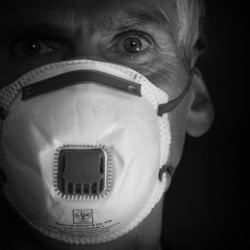 Insurance provider Protectivity has asked office workers around the UK how they’re feeling about going back to work as COVID-19 lockdown restrictions ease, what changes they have made during the lockdown period, their thoughts about attending workplace events over the next few months and how they’re feeling about their pets post-lockdown. More →
Insurance provider Protectivity has asked office workers around the UK how they’re feeling about going back to work as COVID-19 lockdown restrictions ease, what changes they have made during the lockdown period, their thoughts about attending workplace events over the next few months and how they’re feeling about their pets post-lockdown. More →



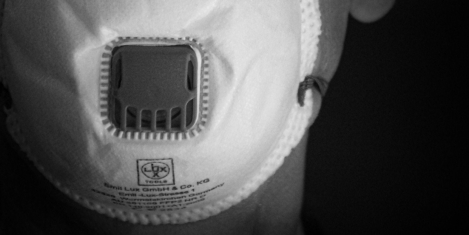

 UK workers are most likely to log a claim against their employer for making them work excessively long hours, claims new data by health and safety training provider
UK workers are most likely to log a claim against their employer for making them work excessively long hours, claims new data by health and safety training provider 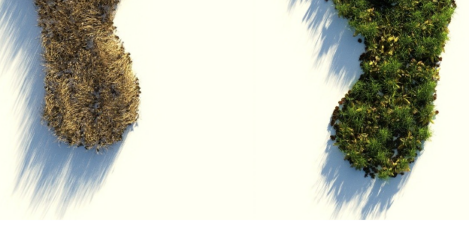
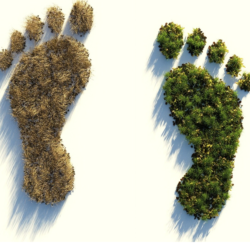 Supported by its Green Building Councils and their members, the
Supported by its Green Building Councils and their members, the 
 A new study by
A new study by 








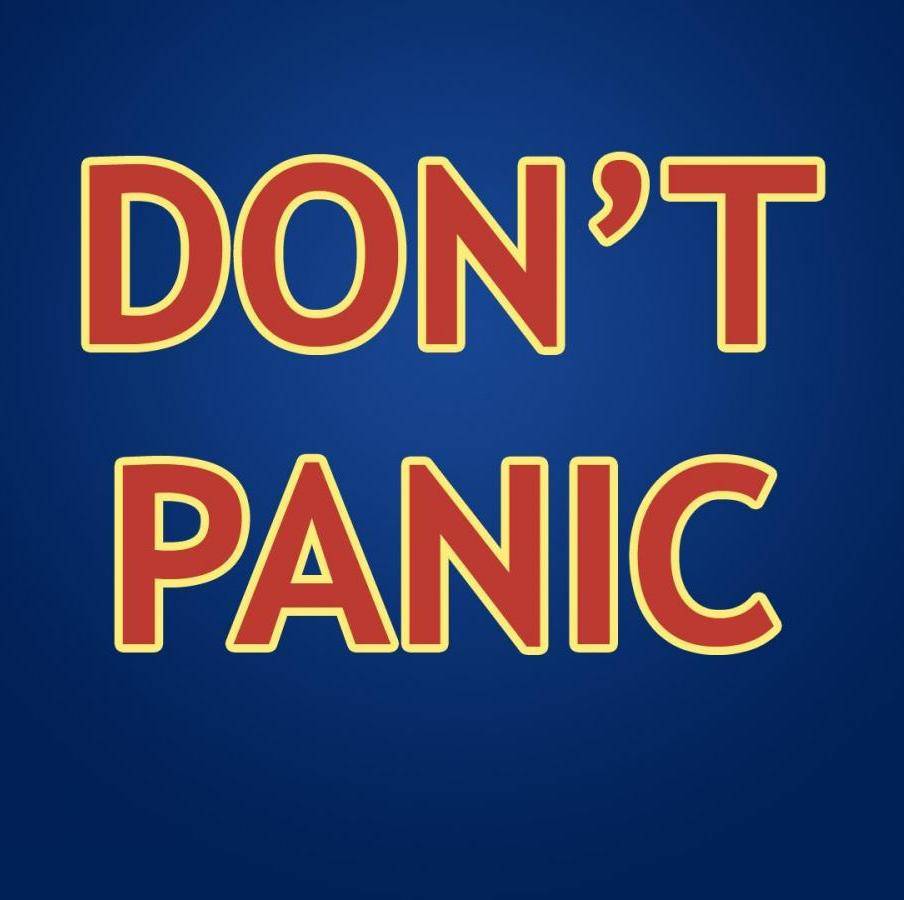
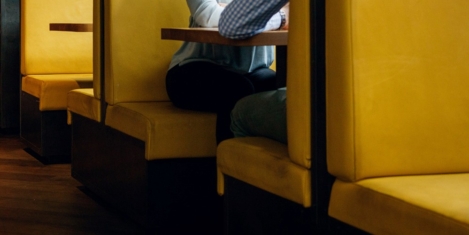
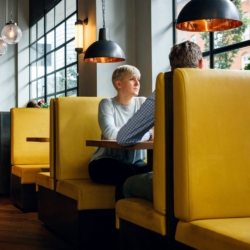












September 2, 2020
Remote work and the coming race to the bottom
by Mark Eltringham • Comment, Wellbeing, Working lives